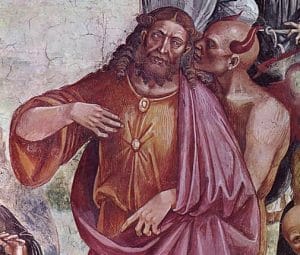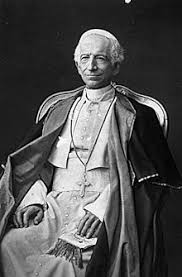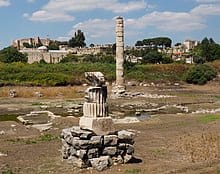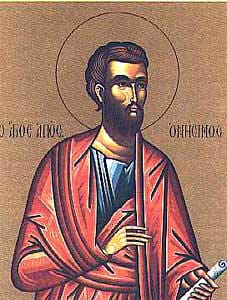One of the greatest challenges confronting the Church today is embracing the realization that the majority of people, including most Christians, think with a post-Christian mindset. The opposition to the Terminally Ill (End of Life) Bill in England comes to mind as the most recent example. The Catholic Bishops of England vociferously opposed the bill, even though the passage of the bill was fully expected. Yet their reasoning would really only be convincing to someone deeply rooted in a Christian culture. That is why they are forced to keep saying “The Catholic Church teaches…” To use language that speaks of the dignity of the human person, while true, falls rather flat in a culture of death. In fact, you could argue that it is really at the crux of the issue. When people no longer practically believe in God, there is little interest in protecting His image in man. My proposal then is to update our approach by going backwards.
In many ways St. Augustine is a perfect model for our times. He lived in an era when Christianity was mostly tolerated but the Christian mindset was nowhere to be found. What he did was to address social evils using the examples and thought patterns of the day. He would then show how they fit with the understanding of the Church. In fact he was so good at it, that he wrote a thousand+ page book that has remained intact for nearly 1500 years that uses this technique throughout called The City of God.
Augustine on Suicide
What makes his approach especially relevant is that he tackles the question of suicide in Book I. The Romans tended to view suicide as something noble. Augustine examines two famous examples to make his point. The first was Lucretia who was a Roman noblewoman who had been raped. After her brother and husband exacted revenge on the offender, she killed herself to avoid the shame. The second was Marcus Cato who strongly opposed Julius Caesar so that once Caesar came into power, he killed himself rather than submitting. The Romans looked to both of them as models of nobility.
Rather than leading with the dignity of the human person or the Commandments, Augustine first attacks the value the Romans found in suicide, namely its nobility. He shows how it is anything but noble. He calls Lucretia weak and a coward: “it is not even right to call it greatness of soul when someone kills himself because he is not strong enough to endure hardships or other people’s sins.” Because he is questioning whether or not it is truly noble to run away from hardship, he now has the Romans’ ears. They value nobility and Augustine has called into question what is truly noble.

Likewise, he calls Cato a coward especially because he and his friends admitted that when his son killed himself it “was an act showing weakness unable to bear adversity rather than honor on guard against disgrace.” He then goes on to say he prefers a different Marcus, one surnamed Regulus, whom the Romans “offer none better for their outstanding virtue”. He, rather taking his own life after losing to the Carthaginians, remained patient and bore the shame and bad fortune. Only then does he offer up the example of Job asking the reader whether he would prefer to be Job or Cato.
Challenging on Their Terms
All of this is pertinent because one of the arguments in favor of assisted suicide is that, just as in the propaganda ad above, there is something noble in taking one’s life. In order to meet the anti-lifers on their terms we must call it out for what it is; it is most decidedly an act of cowardice on the part of the person and those who surround him. We all know this, but very few are willing to say it and call it out. We may think we are being kind by not pointing out the obvious, but it is a false compassion. There is true nobility in bearing suffering well and facing it head on. There is true nobility in being Simon of Cyrene and courageously allowing another’s suffering to spill over onto you. The false compassion that leads to silence is not much better than the false compassion that leads to support of deadly bills like this.
Imagine the difference between offering a person facing suffering and death a pill versus offering them support to lean into it. When given the choice, wouldn’t any one of us rather be St. Paul than King Saul? We cannot be afraid to challenge people directly, especially when they have suffering in front of them. Ask them how they want to be remembered: as someone who went out on their own terms or someone who fought to the very end? Telling the stories of great saints who endured suffering, especially modern day examples like St. Maximillian Kolbe, St. John Paul II and St. Teresa Benedicta, can be sources of inspiration. It is a natural transition from them as sources of inspiration to their Source of inspiration.
Part of the dignity of the human person and a sign of man’s greatness is the fact that he can see suffering coming and can plow right into, and Lord willing, through it. The reason many will choose to end their lives is because they have not met Christ crucified. We must not be afraid to preach the truth that because He suffered, suffering now has eternal value. The Lord suffered so that no suffering is ever meaningless, and the only real “sweet death” is the one that He has set aside for each of us.















